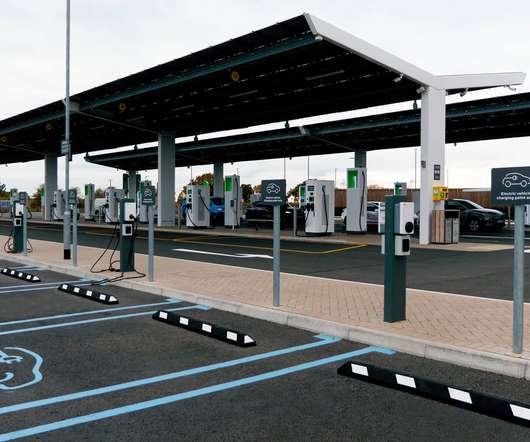Nations agree on global, legally binding treaty on mercury emissions: Minamata Convention on Mercury
Green Car Congress
JANUARY 19, 2013
At the conclusion of the International Negotiating Committee on Mercury ( INC5 ) meeting in Geneva ( earlier post ), nations agreed on a global, legally-binding treaty to prevent mercury emissions and releases. These include: Batteries, except for button cell batteries used in implantable medical devices.











Let's personalize your content